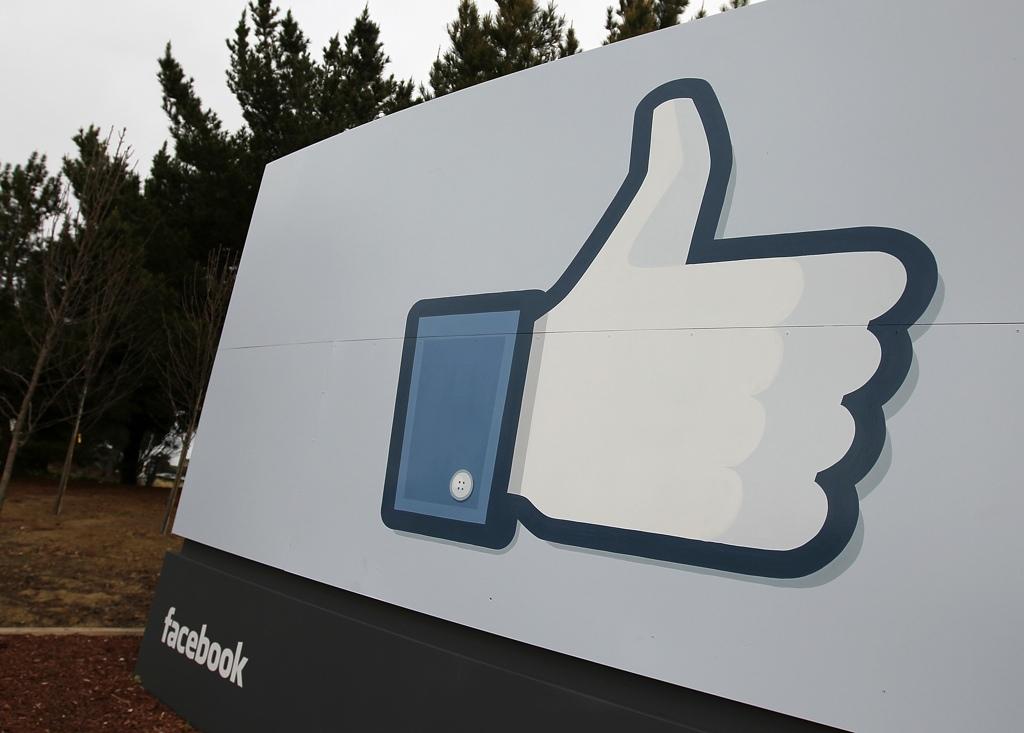EU judges reject latest anti-piracy provision
Social-networking sites would bear an undue burden if they were forced to run anti-piracy filters, the court said.
BRUSSELS, Belgium — European judges have dealt a further blow to those seeking to tighten internet policing, throwing out a requirement to force social networks to install anti-piracy filters.
The ruling by the European Union’s high court follows the decision by US lawmakers to back down last month over the SOPA online piracy act and the decision by several European nations to freeze their ratification of the ACTA international piracy agreement in the face of widespread protests.
According to the Luxembourg-based European Court of Justice the demand for social networks to install anti-piracy filters would break EU laws calling for “a fair balance” between rights to “intellectual property on the one hand, and the freedom to conduct business, the right to protection of personal data and the freedom to receive or impart information, on the other.”
The decision was hailed by campaigners. “The European Court of Justice strikes a blow for Internet freedom,” said the association that represents Internet providers in Europe.
Read more: German doubts stall ACTA
“This ruling gives greater legal certainty to Internet providers and ensures protection for the right to publish content without prior censorship,” the European Internet Services Providers Association said in a statement.
SABAM, a Belgian group that represents authors, song-writers and other rights holders, took the case to the European court in an effort to block illegal exchanges on the social networking site Netlog. However, the court said the forcing networks to bear the costs of such a filter violated their rights to run a business, while using the filter to track Internet users’ online habits would infringe privacy.
The ruling means Europe’s debate on how to balance authors’ rights web freedom will rage on. SABAM said it would continue look for “appropriate alternative measures” to protect authors.
Meanwhile, Slovenia on Friday became the latest European country to freeze ratification of ACTA — the Anti-Counterfeiting Trade Agreement — which has provoked protests around Europe. Bulgaria, the Netherlands Germany, Poland, Slovakia and the Czech Republic have all indicated they will halt the ratification process.
Meanwhile the Anonymous group hacked into a number of US government websites on Friday to protest against ACTA, which was signed last year to strengthen and standardize international standards for copyright
Protesters who have intensified actions since 22 European Union nations signed up to it last month, have seized on clauses they say will ban file-sharing and force Internet Service Providers to become an online police threatening freedom on the web.
The story you just read is available for free because thousands of listeners and readers like you generously support our nonprofit newsroom. Every day, reporters and producers at The World are hard at work bringing you human-centered news from across the globe. But we can’t do it without you: We need your support to ensure we can continue this work for another year.
Make a gift today, and you’ll get us one step closer to our goal of raising $25,000 by June 14. We need your help now more than ever!
